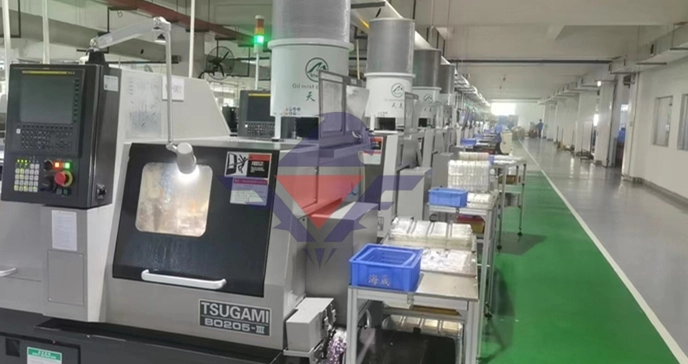Endotoxin Assay Kits for Accurate Bacterial Toxin Detection

# Endotoxin Assay Kits for Accurate Bacterial Toxin Detection
## Understanding Endotoxins and Their Impact
Endotoxins are lipopolysaccharides (LPS) found in the outer membrane of Gram-negative bacteria. These toxic compounds can cause severe immune responses in humans and animals, making their detection crucial in pharmaceutical manufacturing, medical device production, and environmental monitoring.
## The Importance of Reliable Endotoxin Testing
Accurate endotoxin detection is essential for:
– Ensuring pharmaceutical product safety
– Maintaining compliance with regulatory standards
– Protecting patient health
– Preventing pyrogenic reactions
## How Endotoxin Assay Kits Work
Modern endotoxin assay kits utilize the Limulus Amebocyte Lysate (LAL) test, which is derived from horseshoe crab blood. This highly sensitive method detects even trace amounts of endotoxins through a clotting reaction.
### Types of Endotoxin Assay Kits
Several formats are available to meet different testing needs:
Keyword: Endotoxin Assay Kits
– Gel-clot assays
– Turbidimetric assays
– Chromogenic assays
– Recombinant factor C assays
## Choosing the Right Endotoxin Assay Kit
When selecting an endotoxin detection kit, consider:
– Sensitivity requirements
– Sample matrix compatibility
– Throughput needs
– Regulatory compliance
– Ease of use
## Applications Across Industries
Endotoxin assay kits serve critical roles in:
– Pharmaceutical quality control
– Medical device manufacturing
– Biotechnology research
– Water quality testing
– Food safety monitoring
## Best Practices for Accurate Results
To ensure reliable endotoxin detection:
– Follow manufacturer instructions precisely
– Maintain proper sample handling procedures
– Control environmental contamination
– Validate testing methods regularly
– Use appropriate controls in every assay
## The Future of Endotoxin Detection
Advancements in endotoxin testing technology continue to improve:
– Sensitivity
– Specificity
– Speed
– Automation capabilities
– Sustainability (reducing reliance on natural LAL)
By implementing high-quality endotoxin assay kits and proper testing protocols, organizations can effectively safeguard their products and protect public health from the dangers of bacterial endotoxins.